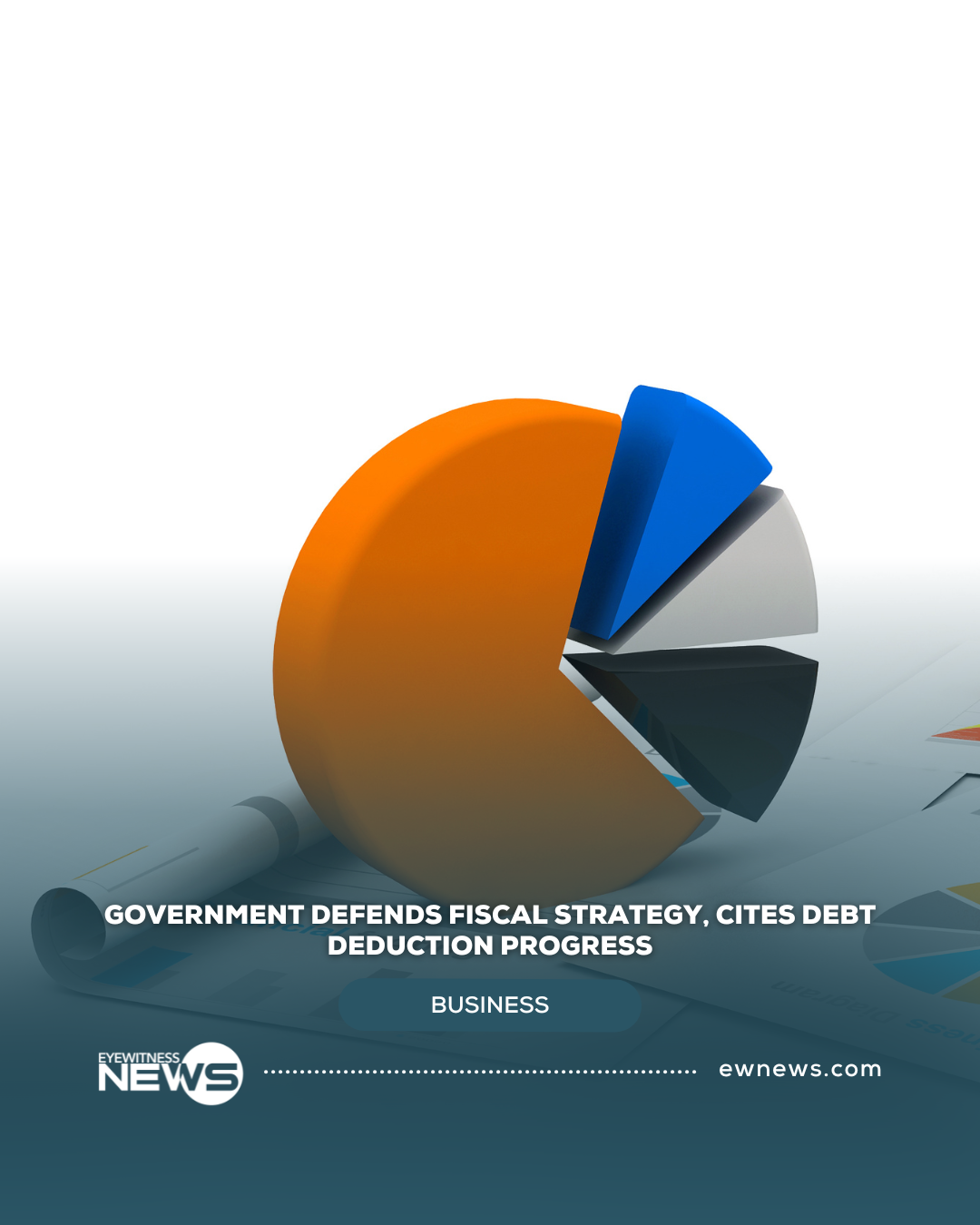NASSAU, BAHAMAS — The Davis administration has pushed back against concerns raised by the Fiscal Responsibility Council (FRC) over its 2025/26 fiscal strategy, insisting that its debt-reduction plan is on track and its policies are deliberately designed to balance fiscal prudence with social protection.
In a statement responding to the FRC’s review of the Fiscal Strategy Report and Annual Budget, the Government maintained that it has “charted a clear path” to reduce the debt-to-GDP ratio to 50 percent by FY2030/31 while supporting growth, job creation, and targeted social investments.
“The Council itself has confirmed that The Bahamas is broadly compliant with the Public Financial Management Act, 2023, and that our debt trajectory is on a downward course,” the statement read.
The FRC, however, has warned that the Government’s fiscal outlook rests heavily on aggressive revenue assumptions and the shifting of capital expenditure away from central government accounts. In response, officials said their approach was guided by “realism and prudence,” and argued that state-owned enterprises (SOEs) are well-placed to deliver sector-specific projects critical to national development.
“The decision to allow SOEs to undertake critical capital investments is not an attempt to obscure expenditure but to accelerate national development,” the Government said, while pledging to “continue to improve reporting on these initiatives to ensure clarity and transparency.”
At the same time, the administration highlighted measures aimed at easing cost-of-living pressures on Bahamian families, including targeted VAT adjustments on essential items. “We are unapologetic in our commitment to ensuring that fiscal policy is not pursued as an end in itself but as a means to improve the daily lives of Bahamians,” the statement said.
The government’s statement also pointed to broader revenue reforms—such as the Domestic Minimum Top-Up Tax, stricter compliance enforcement, and digitisation of the tax system—as evidence of efforts to broaden the tax base, while outlining structural reforms in pensions, SOEs, energy, and digital infrastructure to improve fiscal sustainability.
On debt management, the government stressed that “annual contributions to the sinking fund, prudent borrowing strategies, and expanded access to concessional financing” remain central to its fiscal discipline.
The administration further underscored its support for the independence of the FRC, contrasting its record with that of the prior Minnis administration. “Unlike the previous Council appointed by the former administration, which never produced a single report, this Government has ensured that the Council has the support and autonomy necessary to carry out its mandate,” the statement noted.
Acknowledging that the FRC report offers “a roadmap for reform,” the government admitted there was “room for improvement” in execution, reporting, and learning. Still, officials insisted the review validated their overall approach.
“The Council’s review underscores that The Bahamas is moving in the right direction,” the statement concluded. “Our fiscal strategy is balanced, sustainable, and firmly focused on securing a stronger, more resilient future for our nation and our people.”






